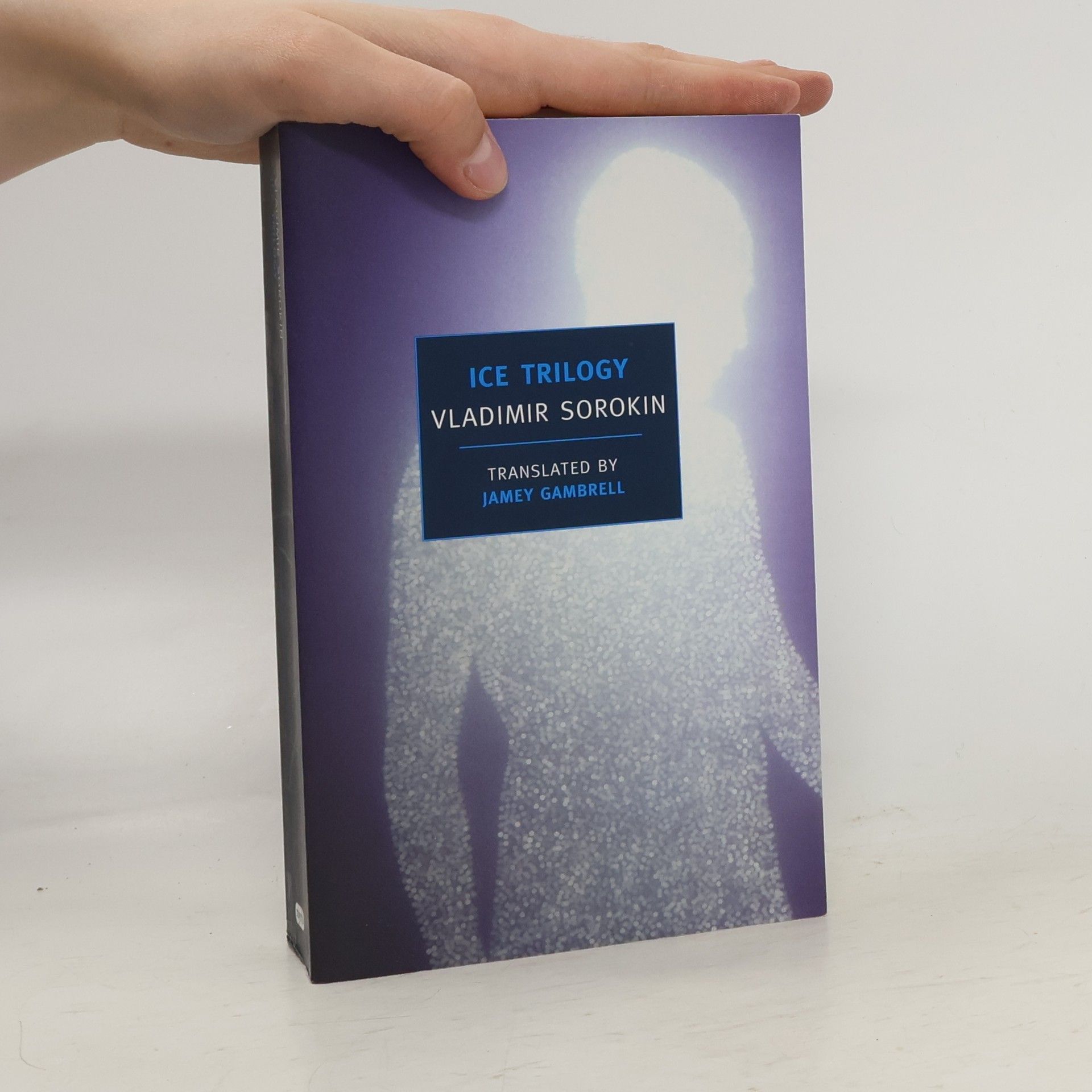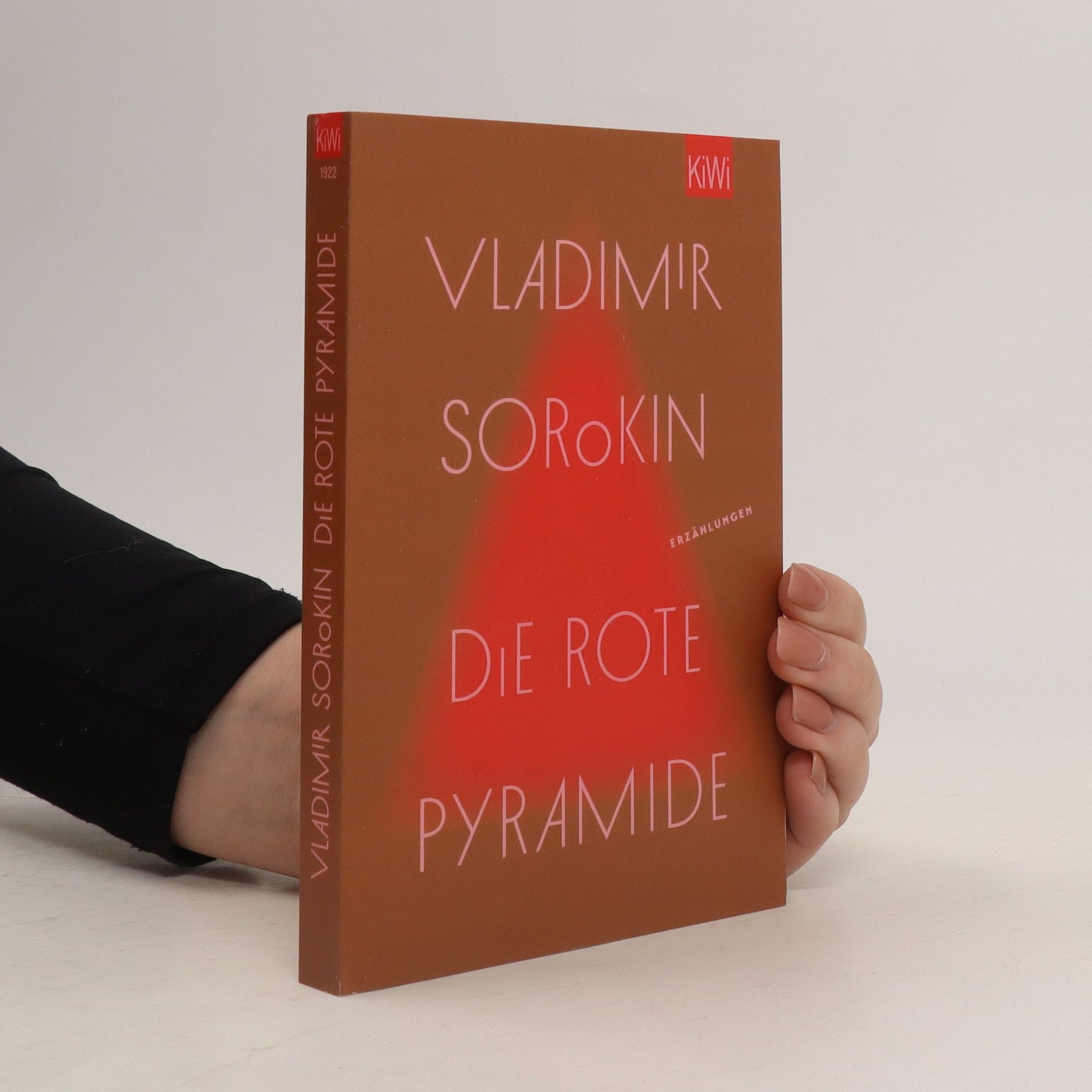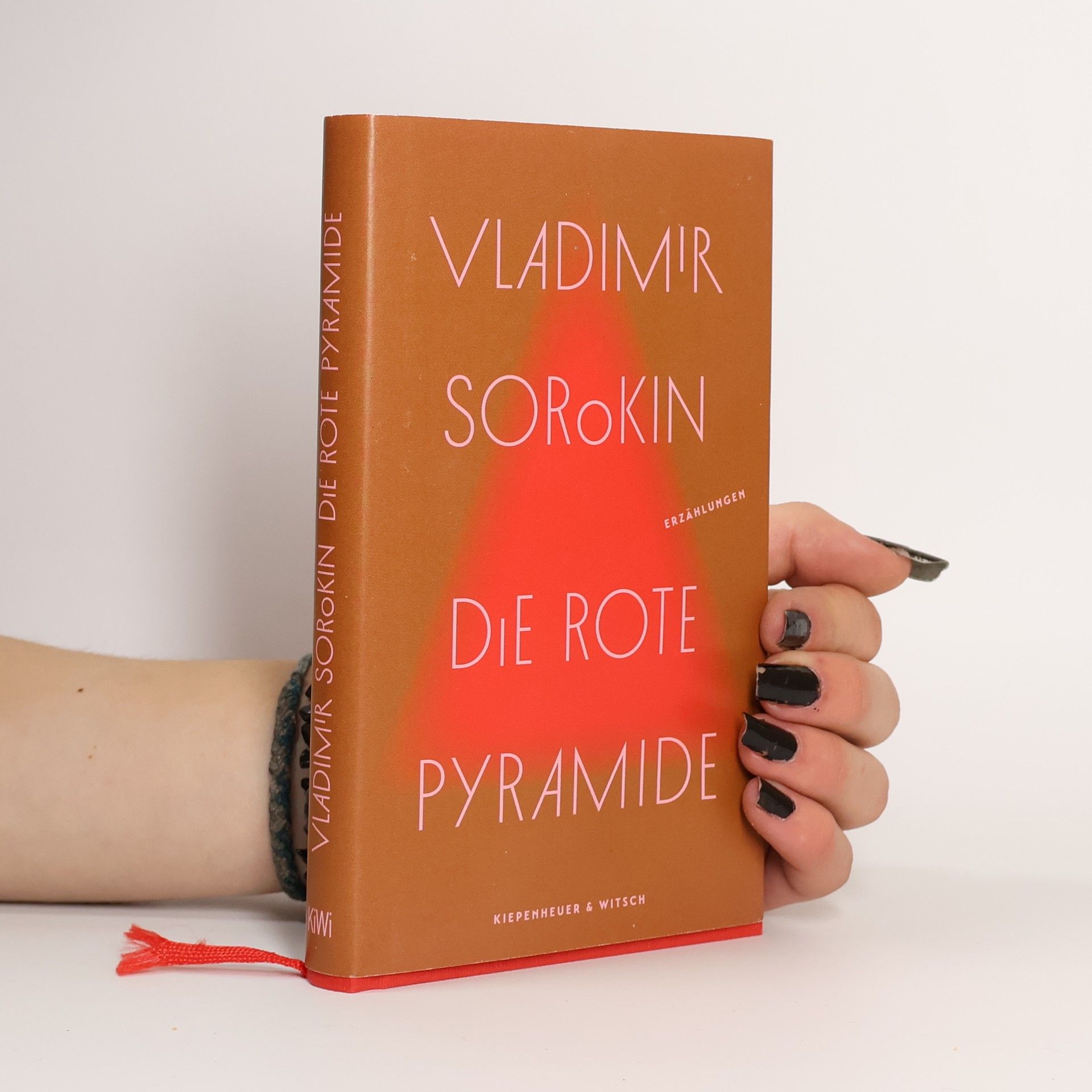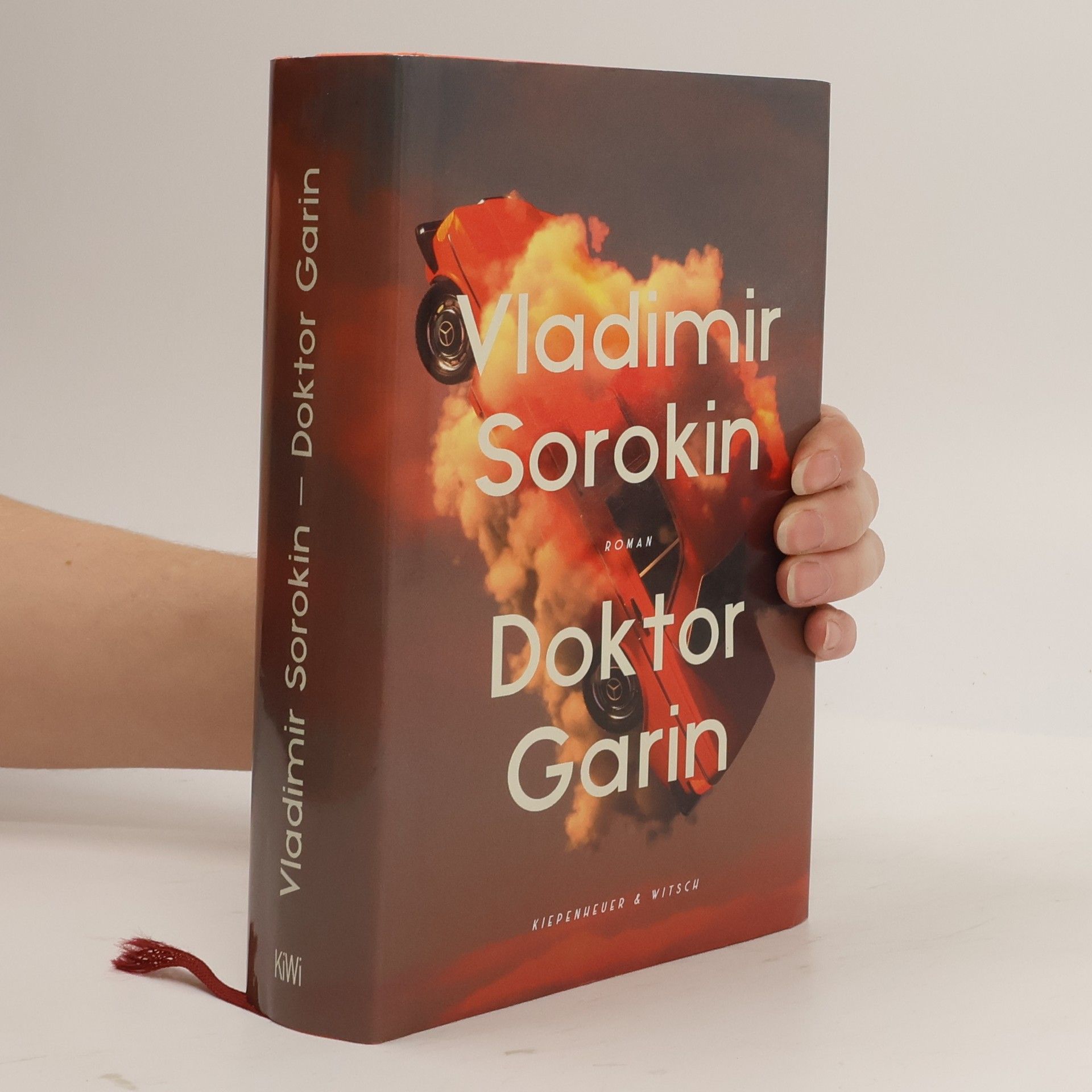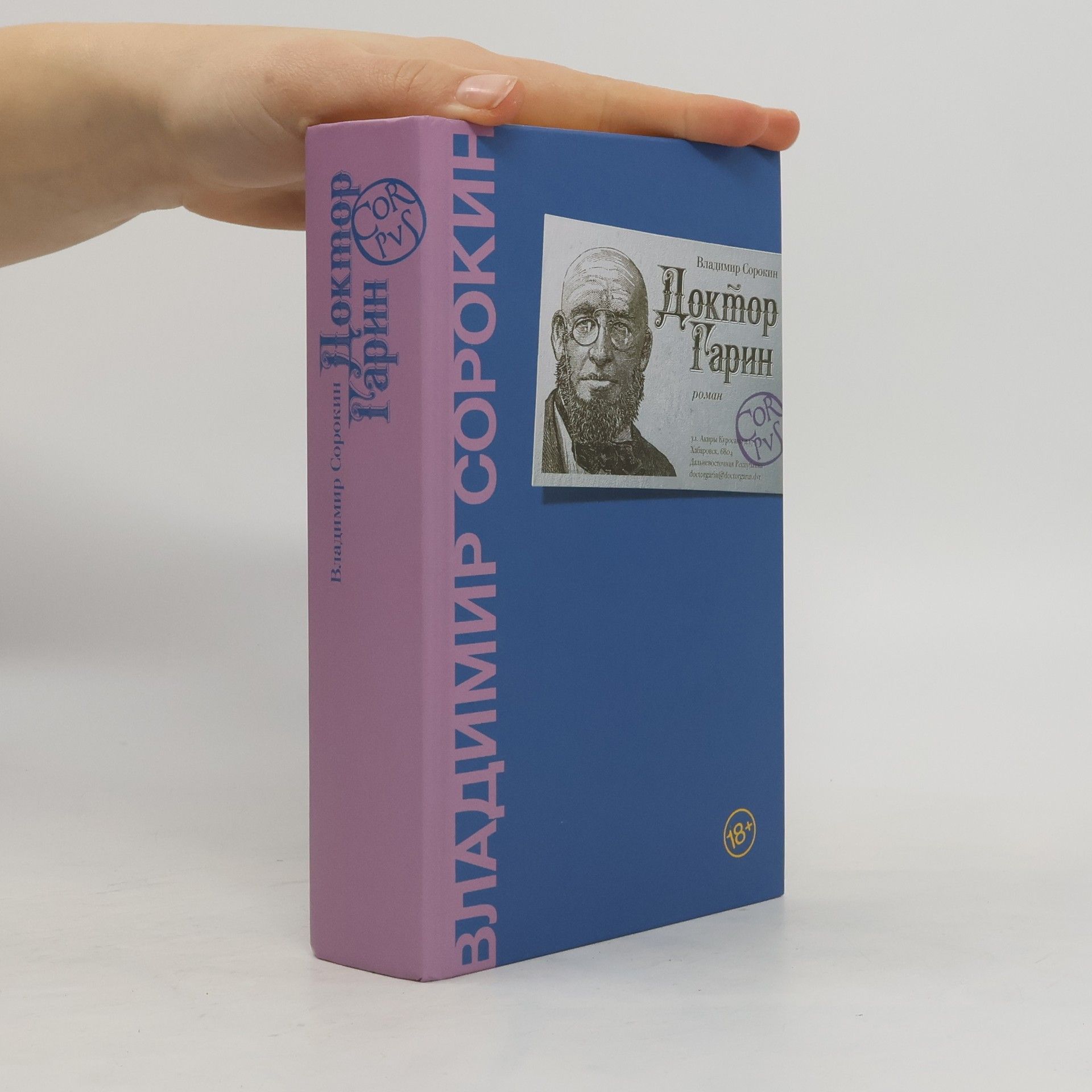Dispatches from the District Committee
- 180 pages
- 7 hours of reading
Exploring the absurdities of Soviet life, this collection presents a subversive and darkly humorous critique of political and cultural oppression. Celebrated for its literary irreverence, the stories reveal a grotesque yet genius portrayal of reality beyond state propaganda. Originally part of Sorokin's 1992 collection, these tales resonate with contemporary themes, making them increasingly relevant in today's post-truth era. Translated by Max Lawton, the work showcases the author's acclaimed political satire and incisive commentary.

